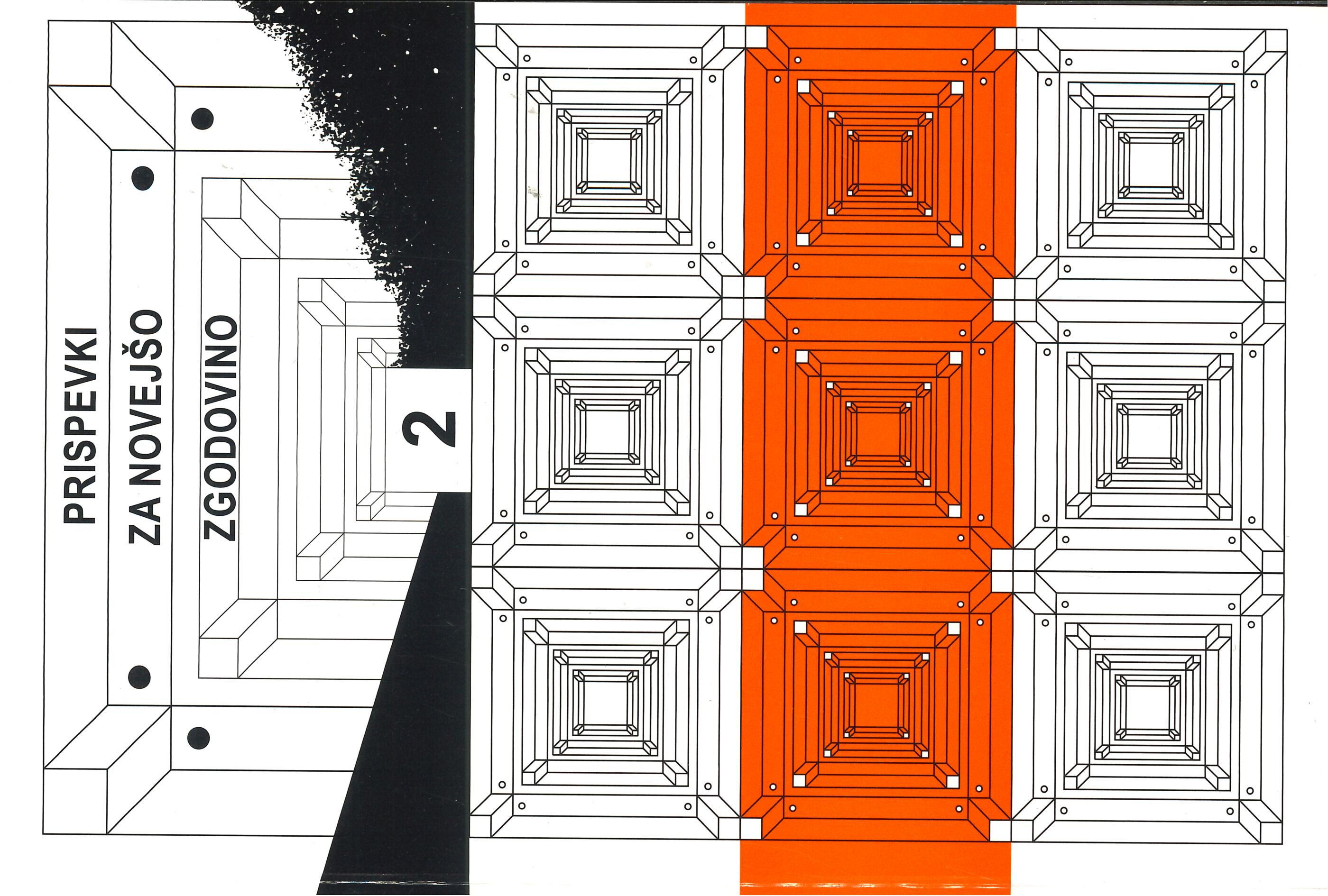Razvoj naftno-plinskega gospodarstva v Sloveniji
Keywords:
Slovenia, economy, energy industry, liquid fuels, oil, natural gas, coal industry, electricity industryAbstract
DEVELOPMENT OF OIL AND GAS ECONOMY IN SLOVENIA
In the following article the author presents oil and gas economy, the position and role of this energy industry in Slovenia. Slovenia does not produce crude oil and gas and imports all of the required quantities. Production in the northeast of Slovenia, where the Lendava rafinery operated until the year 2000, is symbolic. Slovenia only produces methanol from the imported natural gas, and two oil pipelines are relevant for this country. Even though crude oil production and research in this area has a tradition in Slovenia, lasting for several decades, these fields had been developed especially until 1963, when the federal fund for research in the field of crude oil and gas production was abolished. Among other issues the article also focuses on the structure of final energy consumption, where liquid fuels represent the largest percentage, followed by natural gas. The Slovenian market for liquid fuels and natural gas is relatively small. However, one of the characteristics of the Slovenian liquid fuels market is a sufficient number of modern and ecologically-aware filling stations.
Downloads
Published
Issue
Section
License
Authors who publish with this journal agree to the following terms:
- Authors retain copyright and grant the journal right of first publication with the work simultaneously licensed under a Creative Commons Attribution License that allows others to share the work with an acknowledgement of the work's authorship and initial publication in this journal.
- Authors are able to enter into separate, additional contractual arrangements for the non-exclusive distribution of the journal's published version of the work (e.g., post it to an institutional repository or publish it in a book), with an acknowledgement of its initial publication in this journal.
- Authors are permitted and encouraged to post their work online (e.g., in institutional repositories or on their website) prior to and during the submission process, as it can lead to productive exchanges, as well as earlier and greater citation of published work (See The Effect of Open Access).


